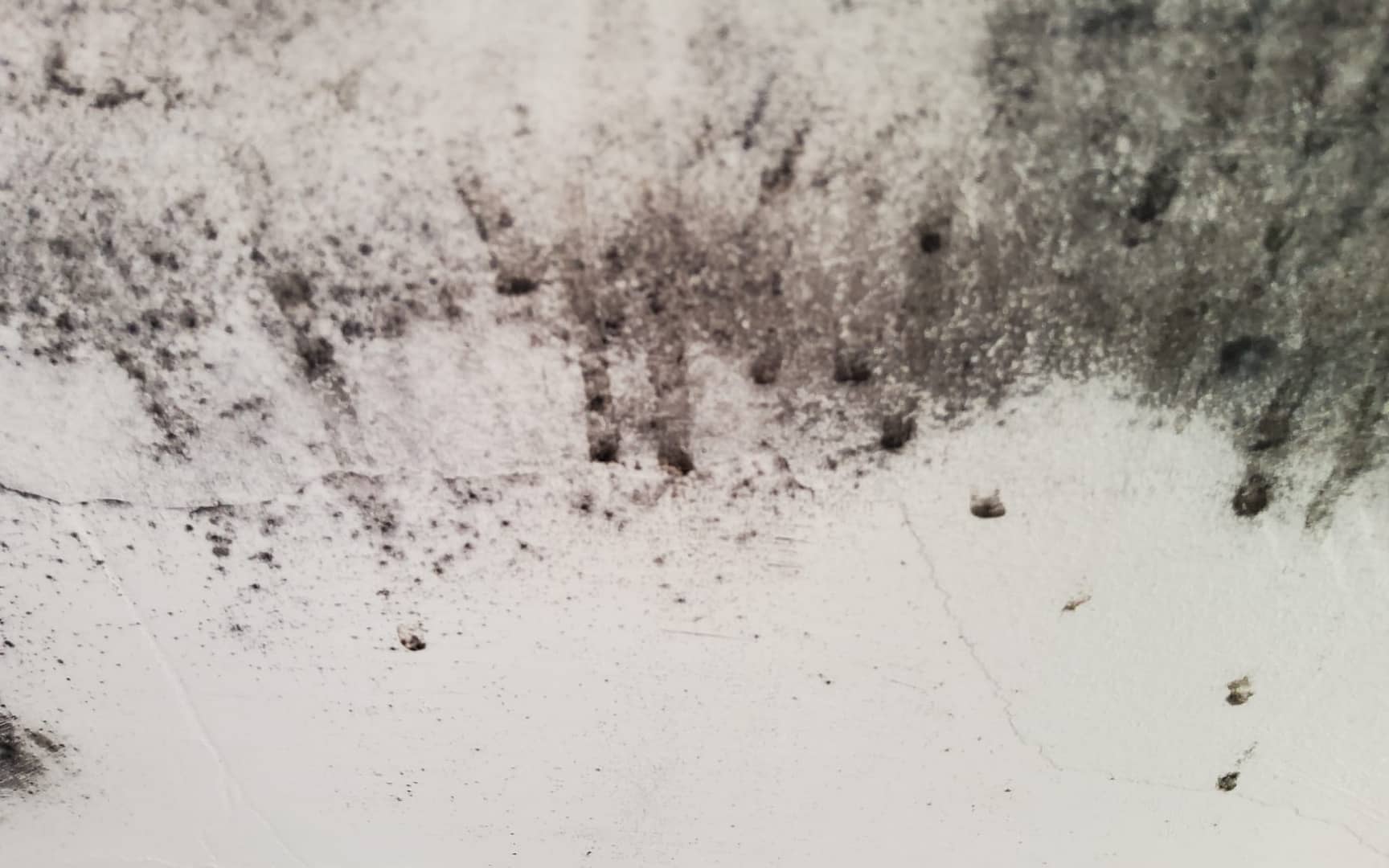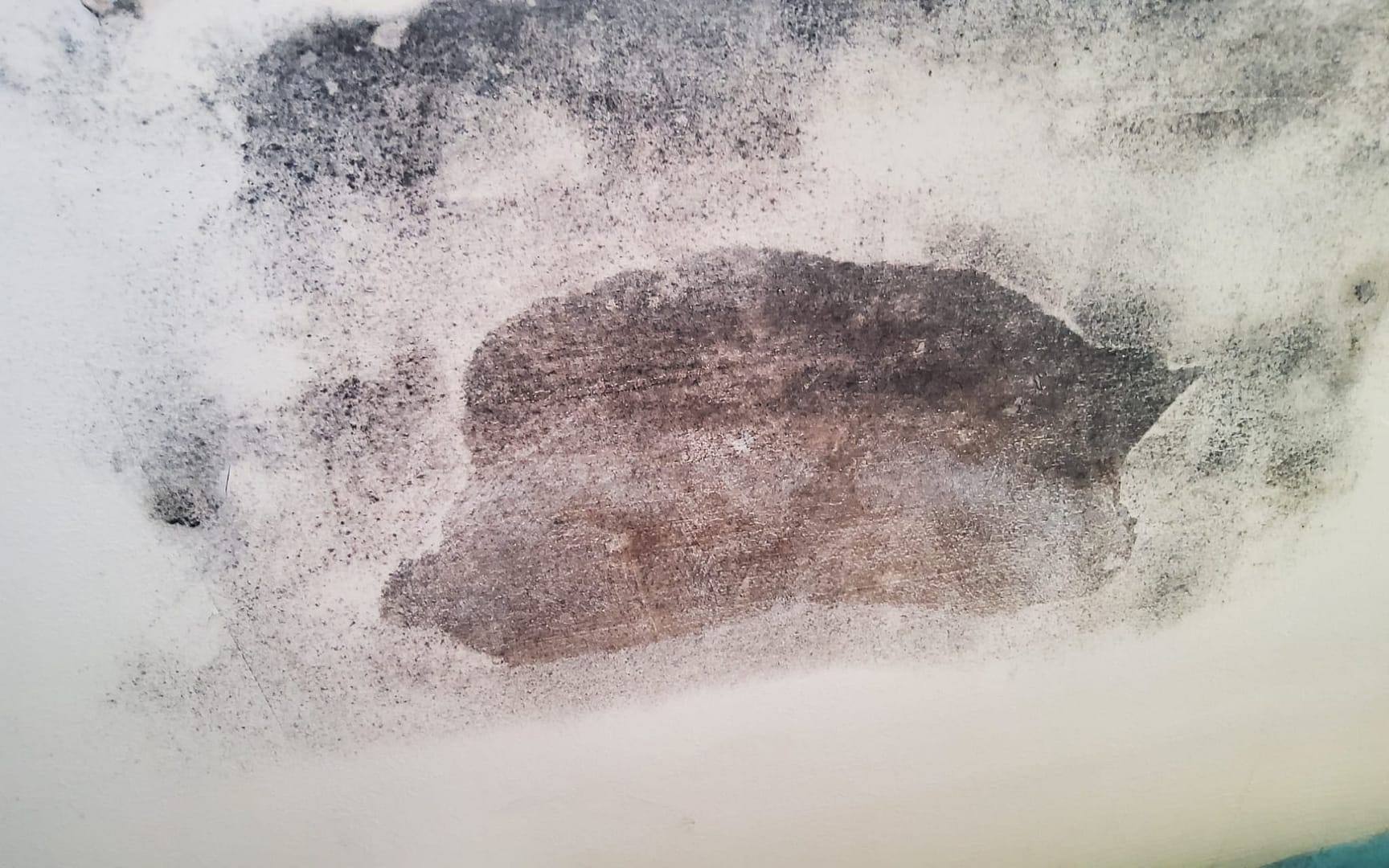Damp. The mere mention of the word can send a shiver down the spine of any homeowner. Dealing with damp issues is like navigating a labyrinth – you think you’ve found the solution, only to discover another damp patch lurking around the corner. But fear not! In this article, we’ll delve into the realm of damp proofing techniques and explore what truly works best to keep your home dry and cosy.
The Damp Dilemma
Damp issues are not just unsightly; they can wreak havoc on the structural integrity of your home. It’s like an uninvited guest that refuses to leave, causing paint to peel, plaster to crumble, and that unmistakable musty odour to permeate the air. So, what’s the best thing to stop damp in its tracks?
Unveiling the Best Damp Proofing Techniques
Understanding the Enemy: Identify the Source
The first step in battling damp is understanding its origin. Is it rising damp, penetrating damp, or condensation? Each type requires a different approach. Rising damp usually starts from the ground up, penetrating damp invades through walls, and condensation occurs when warm air meets cold surfaces. Identifying the source is key to selecting the right damp proofing technique.
Ventilation: Let Your Home Breathe
Sometimes, the simplest solutions are the most effective. Proper ventilation can work wonders in preventing condensation. Ensure that your home is adequately ventilated, especially in areas prone to moisture buildup like kitchens and bathrooms. Consider installing extractor fans to bid farewell to excess humidity.
Waterproofing: Shielding Your Walls
For homes battling with penetrating damp, waterproofing is the knight in shining armour. Treat your exterior walls with a waterproofing agent to create a protective barrier against the elements. This prevents rainwater from seeping through and causing damp patches indoors.
Damp-Proof Course (DPC): A Barrier Below
Rising damp is a common culprit, especially in older properties. Installing a damp-proof course involves inserting a layer of water-resistant material into the walls, creating a barrier that prevents moisture from ascending. This can be a game-changer in the fight against rising damp.
Seal the Cracks: A Stitch in Time
Sometimes, it’s the small things that make the biggest difference. Cracks in walls and foundations can be a gateway for damp to infiltrate your home. Regularly inspect and seal any visible cracks with an appropriate sealant to keep damp at bay.
Seeking Help: Your Housing Association to the Rescue
If you find yourself overwhelmed by persistent damp issues, don’t hesitate to reach out to your housing association. These organisations are well-versed in dealing with housing-related problems and can provide valuable insights and, in some cases, financial assistance for necessary repairs.
Contacting your housing association regarding damp is a proactive step toward ensuring the longevity of your home. They may conduct assessments to identify the root cause of the damp and recommend suitable damp proofing measures. In some instances, they might even bear the cost of necessary repairs, lightening the financial burden on homeowners.
Making a Housing Disrepair Claim with National Claims
In certain situations, damp issues may be a result of neglect or disrepair in a property. If you believe your home’s damp problems are due to the negligence of your housing association or landlord, making a housing disrepair claim can be a viable option. National Claims, experts in housing disrepair claims, can guide you through the claims process.
From assessing the extent of the disrepair to gathering evidence, We can be your ally in seeking compensation for damages caused by damp. Our professionals understand the nuances of housing disrepair claims and can navigate the legal landscape to ensure you receive fair treatment and swift resolution.
The British Perspective
In the UK, where damp weather is practically a national pastime, damp proofing techniques are a hot topic. The British weather, known for its unpredictability, can pose a serious threat to homes, making effective damp proofing a necessity rather than a luxury.
Social Housing tenants across the UK grapple with damp-related issues, and the techniques employed vary based on the type and severity of the problem. From the quaint cottages of the Cotswolds to the bustling streets of London, damp is a universal challenge that demands attention.

Conclusion: A Dry and Happy Home
In the quest for the best damp proofing techniques, the key lies in a combination of vigilance, understanding, and proactive measures. By identifying the type of damp and employing the appropriate solutions, you can bid farewell to damp-related headaches and enjoy a dry, comfortable home.
Remember, your housing association is there to support you. Don’t hesitate to seek their guidance and assistance when needed. In the battle against damp, knowledge is your most potent weapon, and a well-protected home is your ultimate reward. So, gear up, stay vigilant, and let the damp-proofing journey begin!
Get in touch with us today to speak to one of our claims specialists who can help you get a start on your claim.
Click below to see why we are one of the most trusted claims management companies in the UK.

We’re proud of our excellent customer reviews
We thrive on delivering exceptional service and ensuring our clients’ satisfaction. Don’t just take our word for it. Check out some of our independent reviews to see what our clients have to say.
Excellent

This firm is excellent, they sorted out my car pay out and injury claim very fast, they always communicate with you all the time.

My accident case was dealt with confidence and with great result of the outcome, especially James kept me informed all the time.

I was very impressed at the way my inquiry was treated. I was listened to attentively and everything I needed to know was explained to me.






